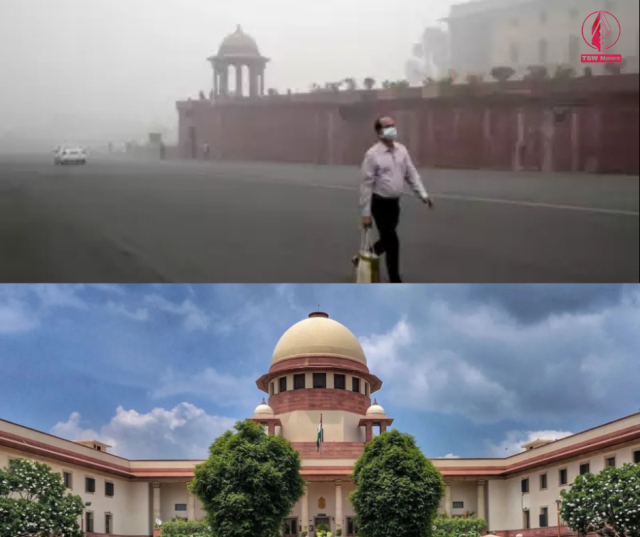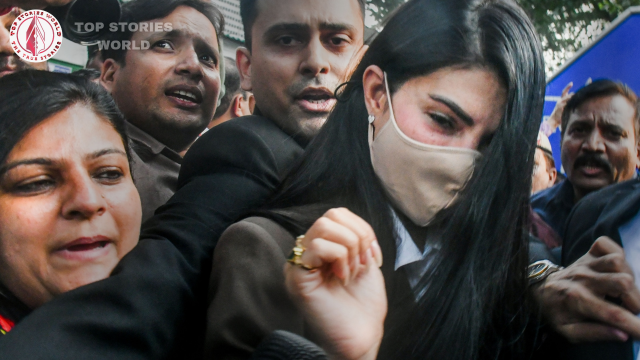Supreme Court Criticizes GRAP-4 Implementation, Demands Swift Action
- Posted on November 28, 2024
- News
- By Arijit Dutta
- 36 Views
The Supreme Court criticized the poor implementation of GRAP-4 anti-pollution measures in Delhi and ordered their continuation, barring school restrictions. It directed swift action against officials for lapses and warned Punjab against stubble-burning loopholes. The matter will be reviewed on December 2.

The Supreme Court on Thursday sharply criticized the failure of authorities in implementing GRAP-4 measures to combat Delhi’s severe pollution. Terming it an “abject failure,” the court ordered that all anti-pollution measures under GRAP-4 will remain in force until Monday, except for school-related restrictions.
The court directed the Commission for Air Quality Management (CAQM) to hold an urgent meeting to evaluate the feasibility of scaling down restrictions to GRAP-3 or GRAP-2 levels. It also suggested a hybrid approach combining measures from GRAP-4 and GRAP-3 to address the persistent pollution crisis.
Expressing dissatisfaction, the court instructed CAQM to expedite disciplinary action against senior officials from the police, government, and civic bodies for lapses, particularly for failing to enforce the ban on the entry of heavy trucks into Delhi.
In addition to tackling urban pollution, the bench called on the Punjab government to ensure stricter compliance with its stubble-burning regulations. It warned against the misuse of satellite detection timings and directed state officers not to advise farmers to burn stubble after 4 PM, a loophole allegedly exploited to evade detection.
The Supreme Court underscored the gravity of the situation, emphasizing that any leniency in enforcing anti-pollution measures could have dire consequences for public health. The bench will review the matter again on December 2.
Also Read: Eric Schmidt Warns of Risks Posed by AI "Girlfriends" and Growing Loneliness
Delhi continues to grapple with hazardous air quality, and the court’s intervention underscores the urgency of coordinated, effective action to address the worsening pollution crisis.




